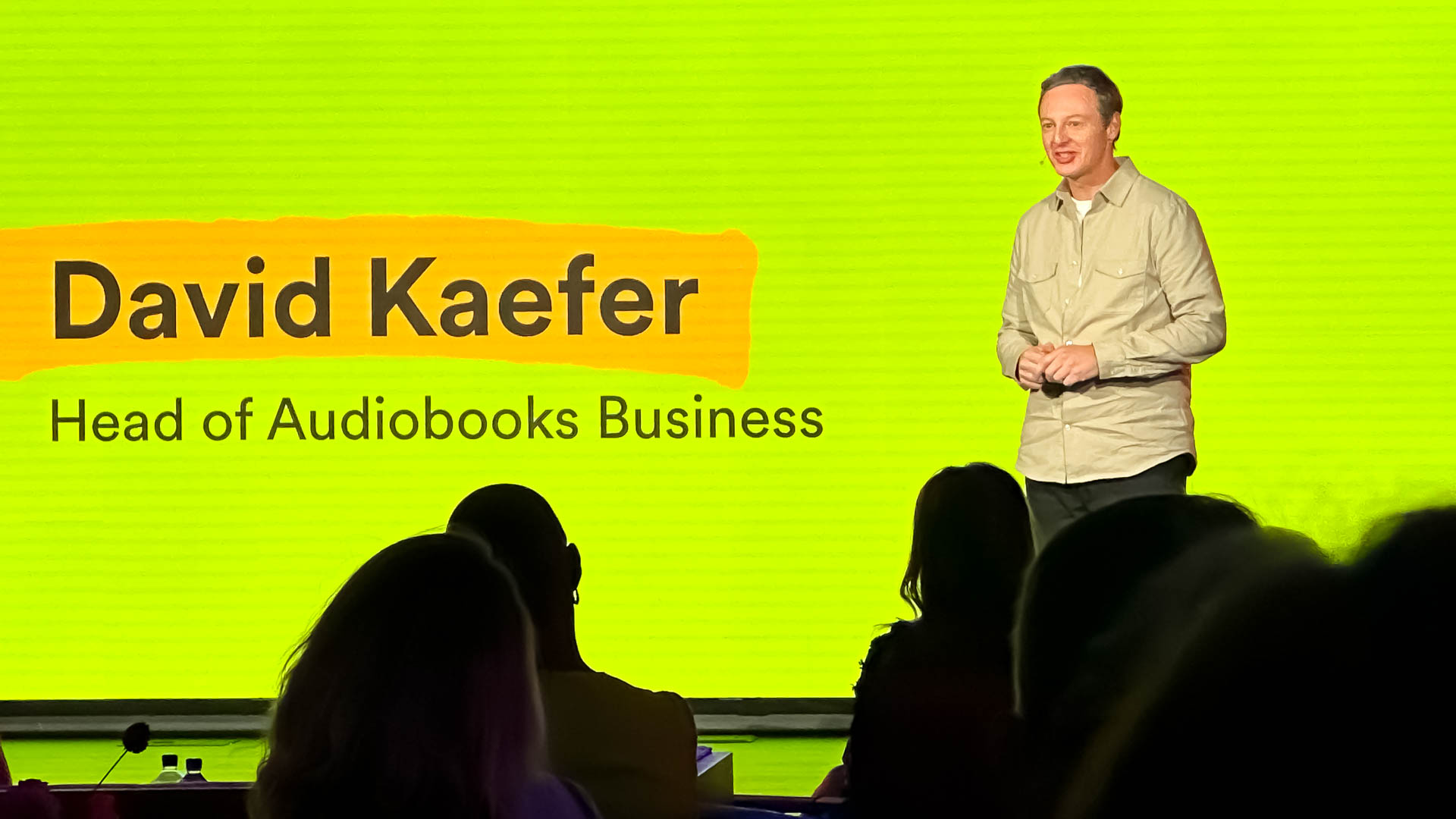
Spotify HiFi might finally be on its way after more than three years since it was first announced.
Reports claim that it will cost "at least $5" extra for existing subcribers.
Spotify is one of the few music streaming services that doesn't offer high-resolution audio, but that should soon change.
While it has been reportedly on the cards for a couple of years (at least), Spotify HiFi is now heavily tipped to be coming "later this year". The only downside is that it will more than likely cost extra.
Unlike rivals, such as Apple Music, Tidal and Qoboz, which each include Hi-Res Audio access as part of a standard subscription, Spotify will allegedly charge "at least $5 extra" for a Spotify HiFi tier.
That's according to Bloomberg, which cites a "person familiar with the plan" as its source.
To sweeten the deal, it is also claimed that the music streaming service will offer other benefits to members, including new tools for creating playlists and song library management.
Rather than set up the new tier as a standalone option, it will be offered to existing customers as a paid upgrade, it is said. The price will average at around 40% extra per person.
Spotify has been talking about a HiFi tier for several years, since January 2021, in fact. However, its vice president of business affairs, David Kaefer, told T3 last October that there was no rush to introduce it.
"The thing that I would say on lossless is that a lot of people don't appreciate it is a concept that works more for people with specific home speakers," he explained.
"And, if you think about where people really listen today, 98% of the time they're listening on headphones. A lot of lossless does not work across Bluetooth."

Kaefer did also suggest though that if Spotify was to unleash a Hi-Res tier, it would rank among the best.
"Sometimes, I think people have been sold on audio formats that are not perceptibly better. We're reluctant to play into that," he told me.
"If we bring something forward, we want a large percentage of our users to really notice it and value the difference."
It seems we might soon get the chance to do just that.







